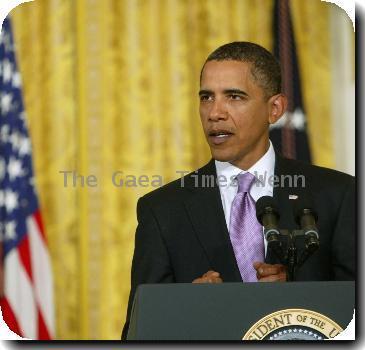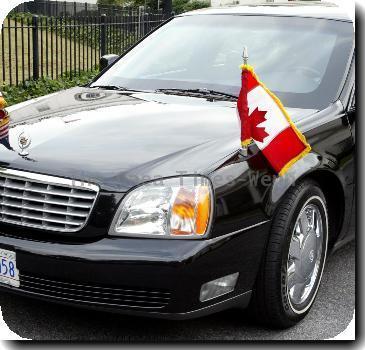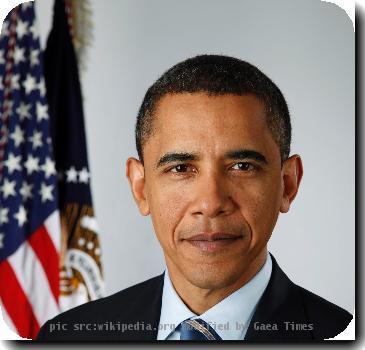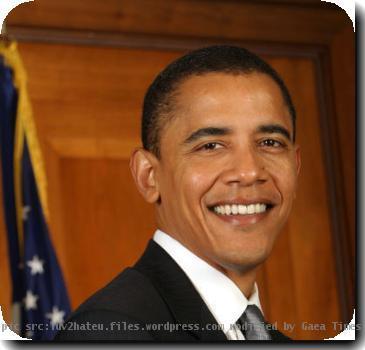EU economic ministers meet to draw up financial rescue plan to try to halt growing debt crisis
By Raf Casert, APSunday, May 9, 2010
EU ministers work on euro rescue plan
BRUSSELS — European Union finance ministers were considering a euro500 billion ($645 billion) defense package for the embattled euro, hoping it will suffice to keep markets from targeting the eurozone’s weaker members, EU sources said late Sunday.
Rushing to finalize an agreement before Asian markets officially open Monday, the ministers were discussing an aid plan that would have the EU Commission make euro60 billion ($75 billion) available while countries from the 16-nation eurozone and the IMF could combine with a promise to back bilateral loans and guarantees for up to euro440 billion ($570 billion).
Spanish Finance Minister Elena Salgado, speaking as she arrived for an emergency meeting of the European Union’s finance ministers in Brussels, said they were determined to safeguard the currency used by 16 of the EU’s 27 member states. The euro has come under increasing pressure since the financial meltdown of one of its members, Greece.
France and Germany, the two largest members of the eurozone, agreed on measures to resolve the European financial crisis, according to a two-sentence statement from French President Nicolas Sarkozy’s office Sunday.
But Britain sought to maintain a clear monetary line between the problems of the euro and its cherished pound.
“I am very, very clear that if there is a proposal to create a stability fund for the euro, that has got to be a matter for the euro-group countries,” British Chancellor Alastair Darling told the BBC. “What we can’t do is to provide support for the euro. That has got to be for those countries that use the euro.”
The ministers hoped to announce a deal before trading opened in Asia, if a qualified majority of the 27 EU finance ministers sign on.
Sarkozy’s office said he spoke with President Barack Obama and the two leaders agreed on “the need for a large-scale response to the current disorders that are affecting the markets.”
The EU’s slow response to the crisis and its failure to keep Greece from reaching the brink of bankruptcy triggered slides in the euro and global stocks last week, and intensified fears the crisis would spread to other countries with shaky finances such as Spain and Portugal.
“We are going to defend the euro,” said Salgado, who presided over the Brussels meeting. “We have to give more stability to our currency … We will do whatever is necessary” to reach agreement.
EU sources have said the measures could involve extending a euro50 billion financial support facility that has already been available to some EU nations outside of the eurozone and bringing the ceiling up to euro110 billion.
There also has been talk about a system of loan guarantees. Some economists have urged the European Central Bank to support the bond market by buying government bonds. Bank President Jean-Claude Trichet said last week the bank did not discuss such a step at its Thursday meeting but stood ready to take unspecified additional measures if appropriate.
Ministers are pushing to have something approved by the time stock markets open Monday because vague promises have been unable to calm market turmoil over the past weeks.
“We need to make progress today because in the night, when the markets are opening, we cannot afford disappointments,” said Swedish Finance Minister Anders Borg.
“We now see herd behaviors in the markets that are really pack behaviors, wolf pack behaviors,” he said. If unchecked, “they will tear the weaker countries apart. So it is very important that we now make progress.”
Some eurozone nations blamed the fragile governments and a lack of European cooperation for the crisis.
“I’m against putting all the blame on speculation,” said Austrian Finance Minister Josef Proell. “Speculation is only successful against countries that have mismanaged their finances for years.”
Fear of default led to investors demanding high interest rates that Greece could not pay, forcing it to seek a bailout; the risk is that market skepticism will make Portugal and Spain pay more and more to borrow, worsening their plight.
“We have to take decisions that will restore the stability of the euro, for the eurozone and we have to work on the mechanism which will be comprehensive and efficient to restore stability,” said French Finance Minister Christine Lagarde.
Early Saturday, the eurozone leaders gave final approval for an euro80 billion ($100 billion) rescue package of loans to Greece for the next three years to keep it from imploding. In Washington on Sunday, the board of the International Monetary Fund approved its euro30 billion ($40 billion) share of the bailout.
Spain and Portugal are beginning to show the same signs of trouble that Greece saw three months ago, with borrowing costs increasing, talk of speculative attacks and growing concern among European partners that some form of help could be required.
Financial markets have continued to sell off the euro and Greek bonds even as EU leaders have insisted for days that the Greek financial implosion is a unique combination of bad management, free spending and statistical cheating that doesn’t apply to other eurozone nations.
Many economists think Greece will eventually default anyway, which could deal a sharp blow to the euro and lead to sharply higher borrowing costs for other indebted countries in Europe. Default, or market contagion to other countries could lead to panic, intimidating consumers from spending and making banks fearful to lend money to businesses and consumers.
The crisis has also affected markets around the globe, and U.S. President Barack Obama spoke for a second time in a week with German Chancellor Angela Merkel about Europe’s economic situation.
White House spokesman Bill Burton said the two leaders discussed the importance of the EU taking “resolute steps” to build confidence in the markets.
Germany’s finance minister, Wolfgang Schaeuble, was unable to attend the meeting after being taken to a Brussels hospital apparently suffering from a bad reaction to a new medicine he had taken, the country’s Finance Ministry said.
Schaeuble, who has had health problems following a recent operation, was under observation at a hospital in the Belgian capital. He was replaced at the meeting by Interior Minister Thomas de Maiziere, who is an expert on financial issues.
____
AP Business Writer Emma Vandore in Brussels, and Associated Press writers Matt Moore in Frankfurt, Elaine Ganley in Paris and Daniel Wagner in Washington contributed to this report.
Tags: Barack Obama, Belgium, Brussels, Diet And Exercise, District Of Columbia, Europe, Exercise, France, Germany, Greece, North America, Portugal, Spain, United States, Western Europe








